Medication and products that treat candida can often be bought over the counter, without prescription. These include antimycotic creams, oral antimycotic therapy, probiotics, and prebiotics.
Yeast a common vaginal discomfort
One of the most common vaginal discomforts is vaginal thrush, also known as vaginal yeast, candidiasis or just candida. Thrush symptoms include a thick white discharge, usually described as being similar to cottage cheese, strong redness and itching in the vulvo-vaginal area. The scratching can cause additional irritation and pain and can lead to a burning sensation while urinating, or during sexual intercourse. If you experience any of these symptoms, it is important to contact your doctor or gynaecologist to confirm the diagnosis, and they will then advise you on how to treat your candida infection.
Can I treat vaginal yeast on my own?
Medication and products that treat candida can often be bought over the counter, without prescription. These include antimycotic creams, oral antimycotic therapy, probiotics, prebiotics and other products. This means that with the right self-diagnosis, you might be able to treat a yeast infection without visiting a healthcare professional. However, the usual symptoms of vaginal thrush can sometimes be caused by something else (vaginal dryness, bacterial infection) or can mask an underlying STD with more serious implications. If you are not sure that you are suffering from vaginal yeast or your complaints persist, it is important to contact your doctor or gynaecologist to advice you on the best treatment.
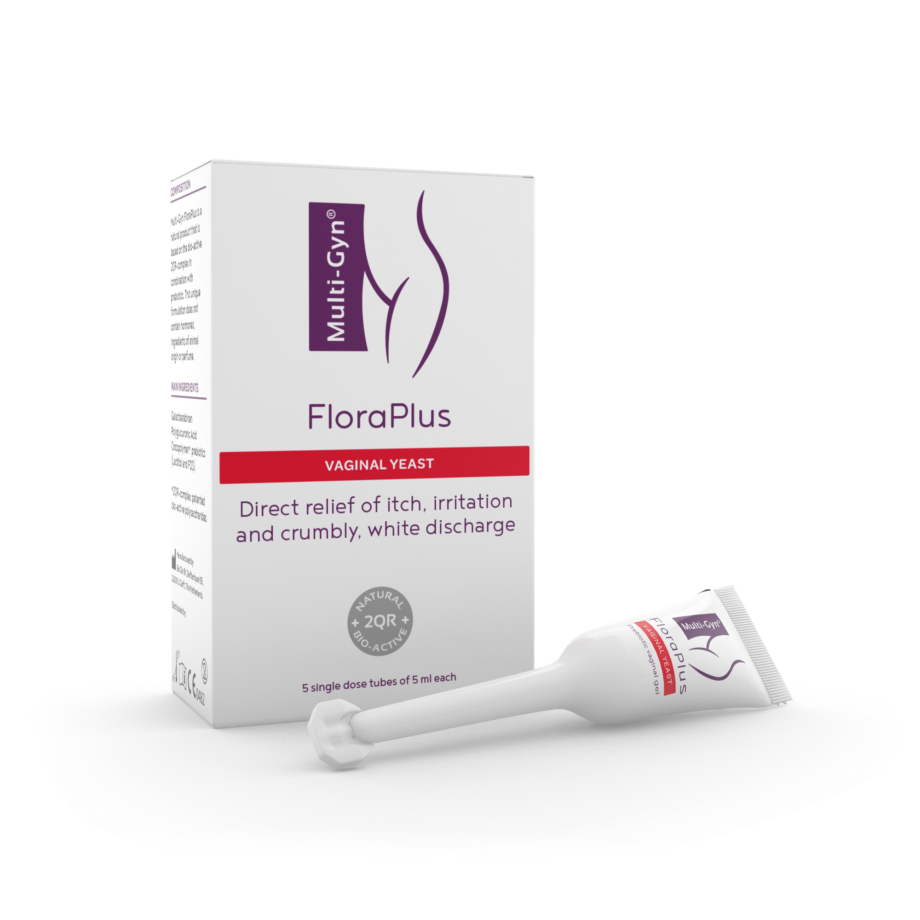
Multi-Gyn FloraPlus
Treats vaginal yeast symptoms
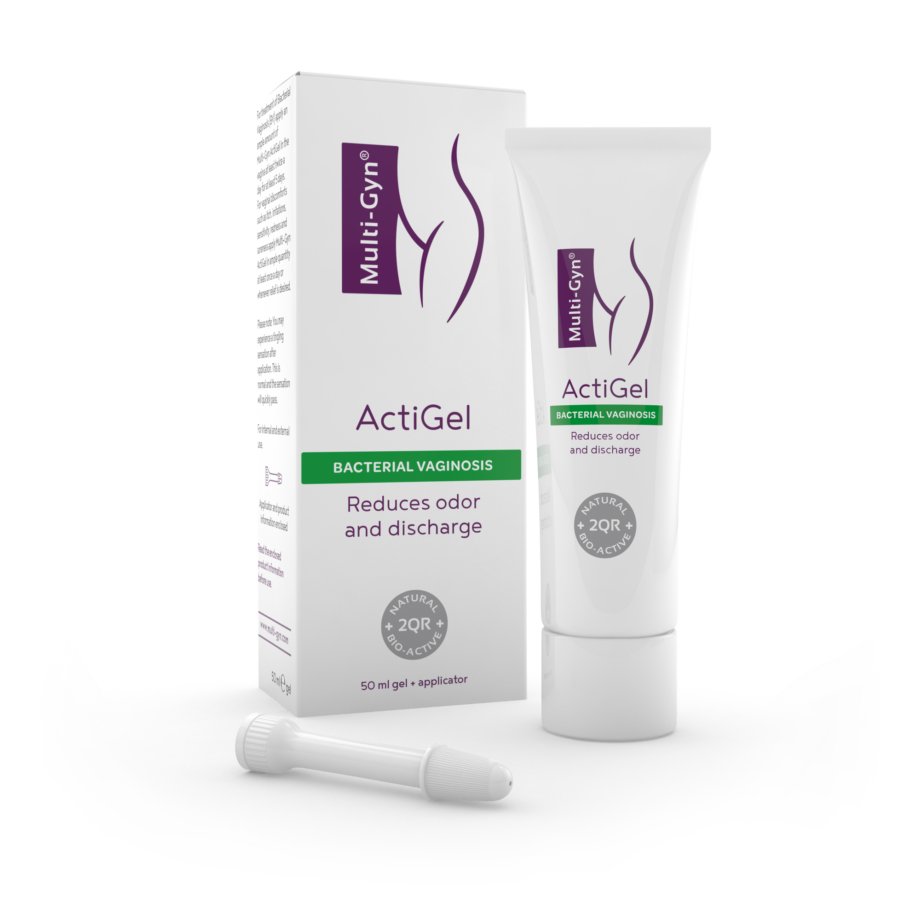
Multi-Gyn ActiGel
Treats bacterial vaginosis (BV)
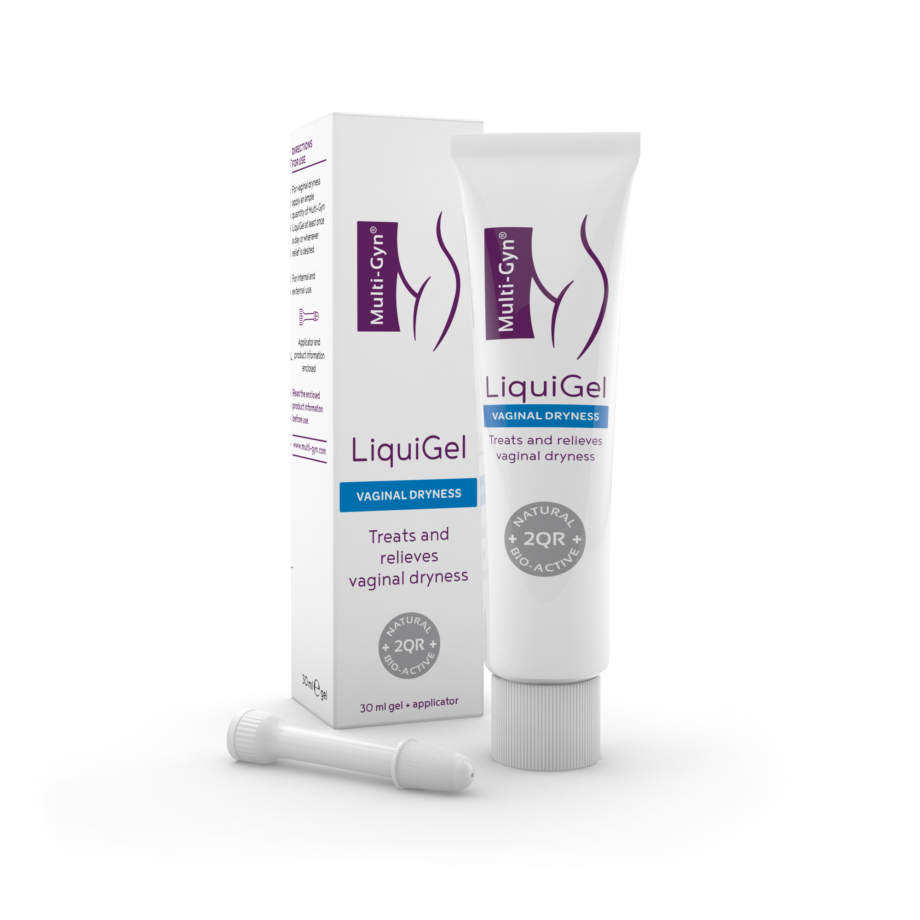
Multi-Gyn LiquiGel
Treats and relieves vaginal dryness
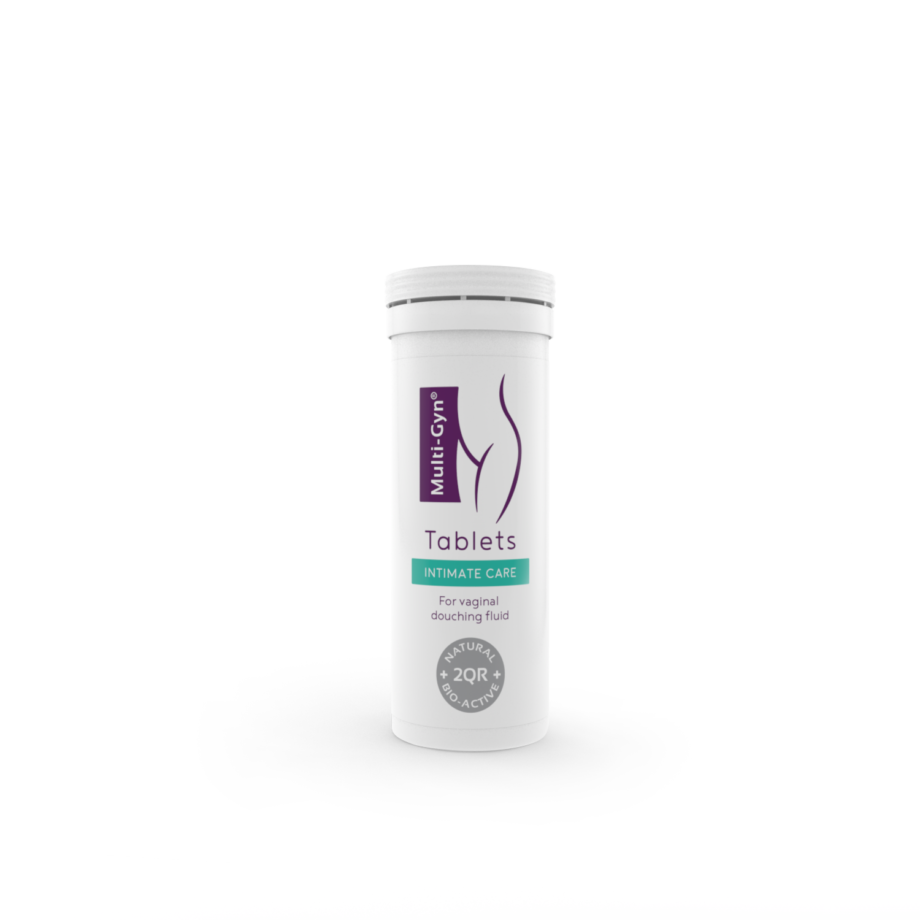
Multi-Gyn Tablets
For vaginal douching fluid
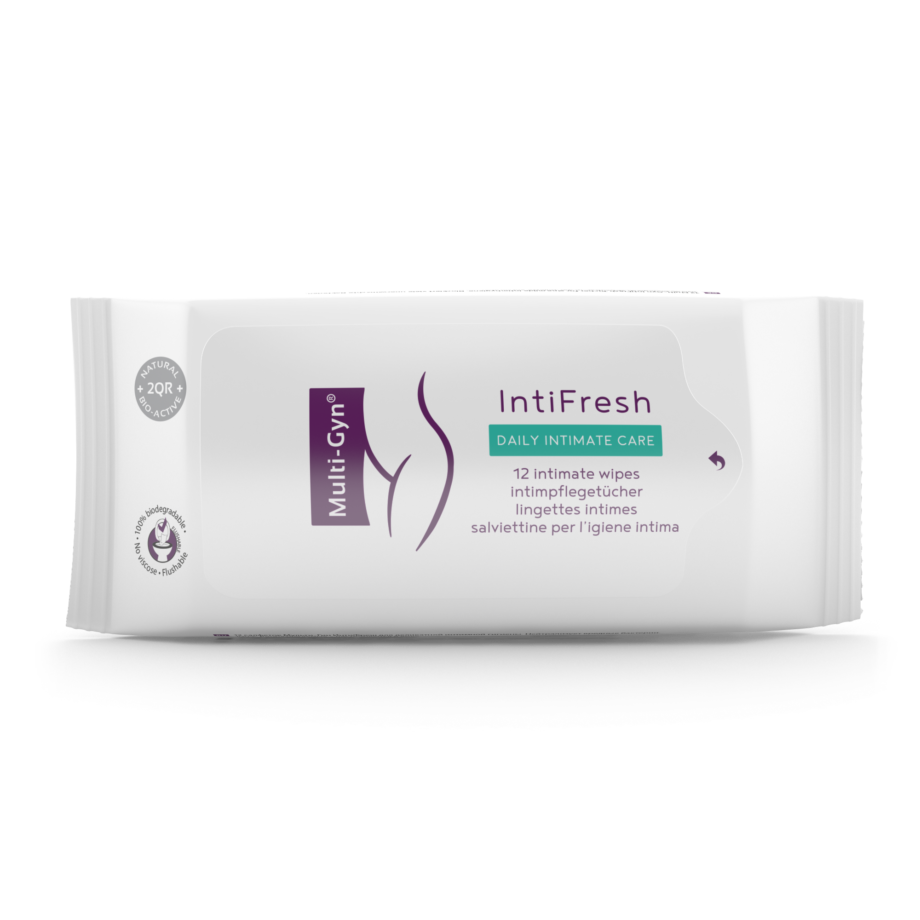
Multi-Gyn IntiFresh
Wipes for a mild intimate hygiene

Multi-Gyn IntiSkin
Soothes irritations of the intimate skin area
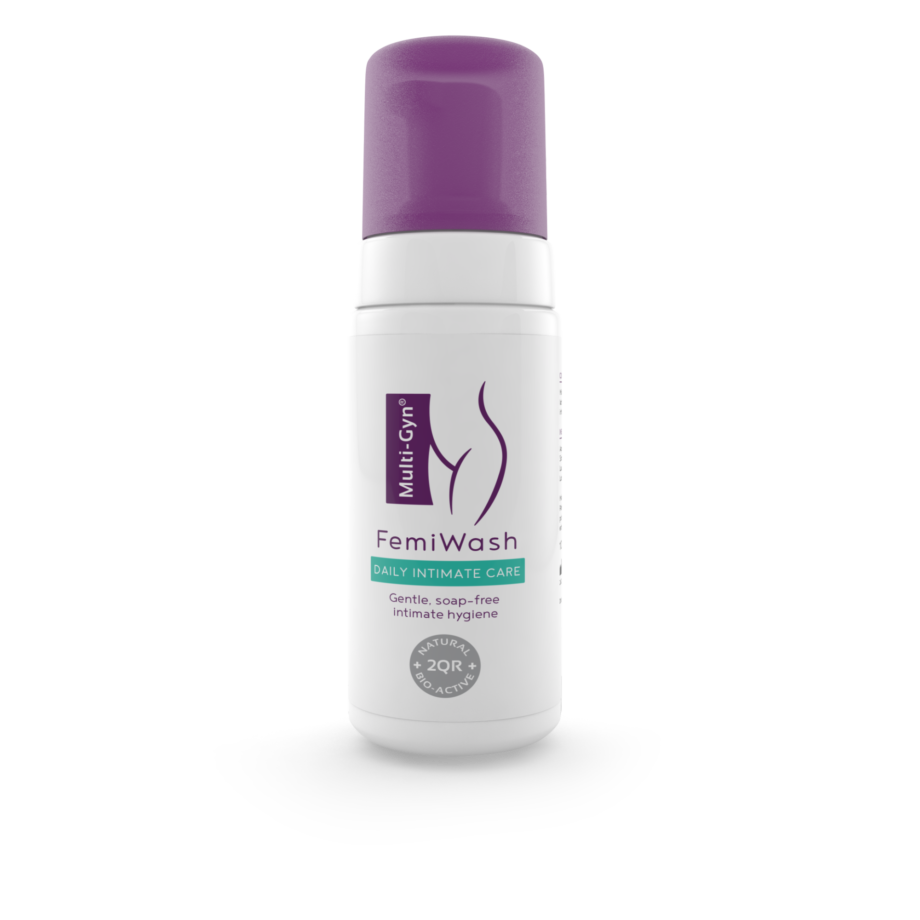
Multi-Gyn FemiWash
Gentle, soap-free intimate hygiene
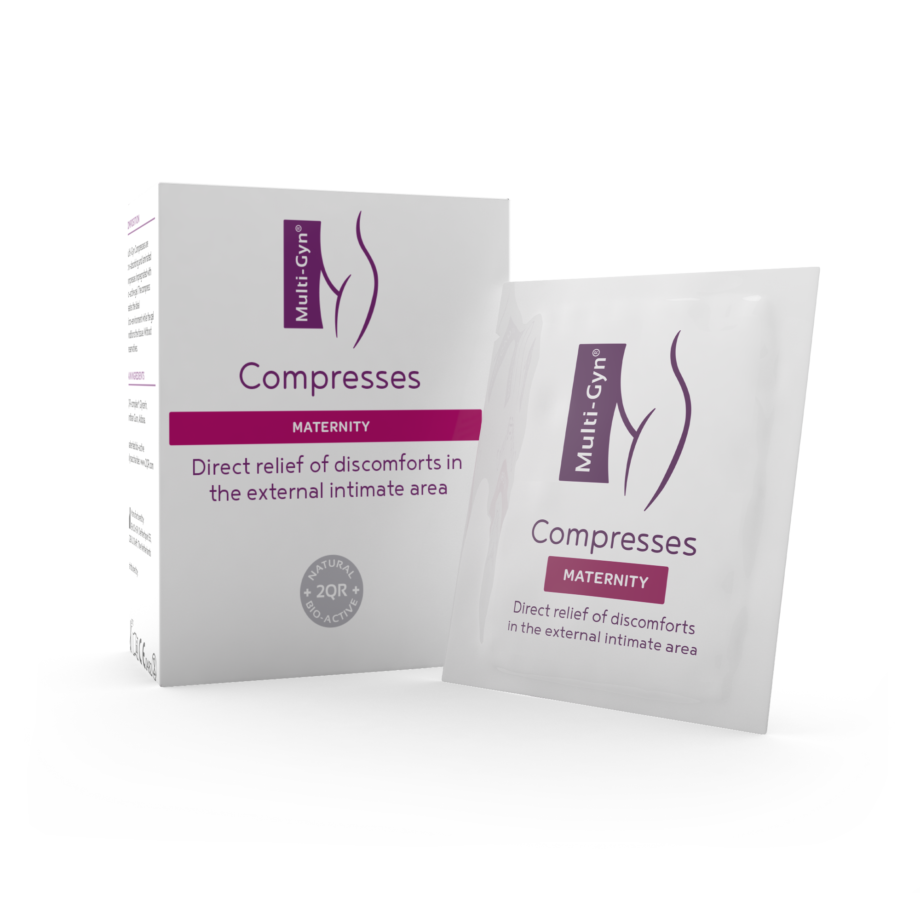
Multi-Gyn Compresses
Maternity. Soothing effect on the external intimate area
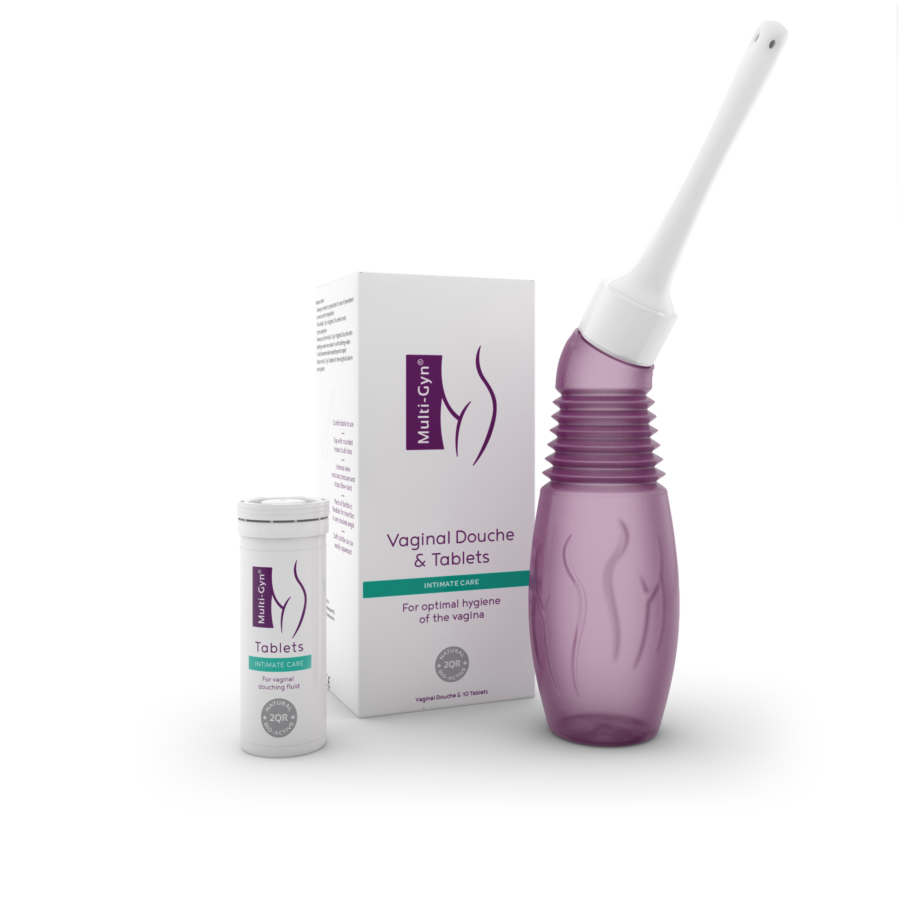
Multi-Gyn Douche & Tablets
For optimal hygiene of the vagina
What can I do to relieve vaginal yeast symptoms?
In otherwise healthy women, vaginal thrush is not a life-threatening condition, but constant itching and irritation can dramatically impair the quality of your sex life, as well as making it uncomfortable to go to the toilet, sit for longer periods of time, or wear tight clothing. Cooling natural gels and sprays can provide instant relief of itching and irritation, while the use of vaginal prebiotics can support the prescribed therapy. It is also important to maintain regular vaginal hygiene by using lukewarm water or a mild intimate wash without soap, avoiding scented pads and toilet paper, and whenever possible, sleeping without underwear.
Want to know more?

Read article
Vaginal yeast infection during pregnancy
Vaginal yeast during pregnancy is a common vaginal discomfort. Learn more about the causes, symptoms and possible treatment here!

Read article
Difference between bacterial vaginosis and a yeast infection
Bacterial vaginosis and a yeast infection are the most common vaginal infections. Learn more about the differences in causes, symptoms and treatment!

